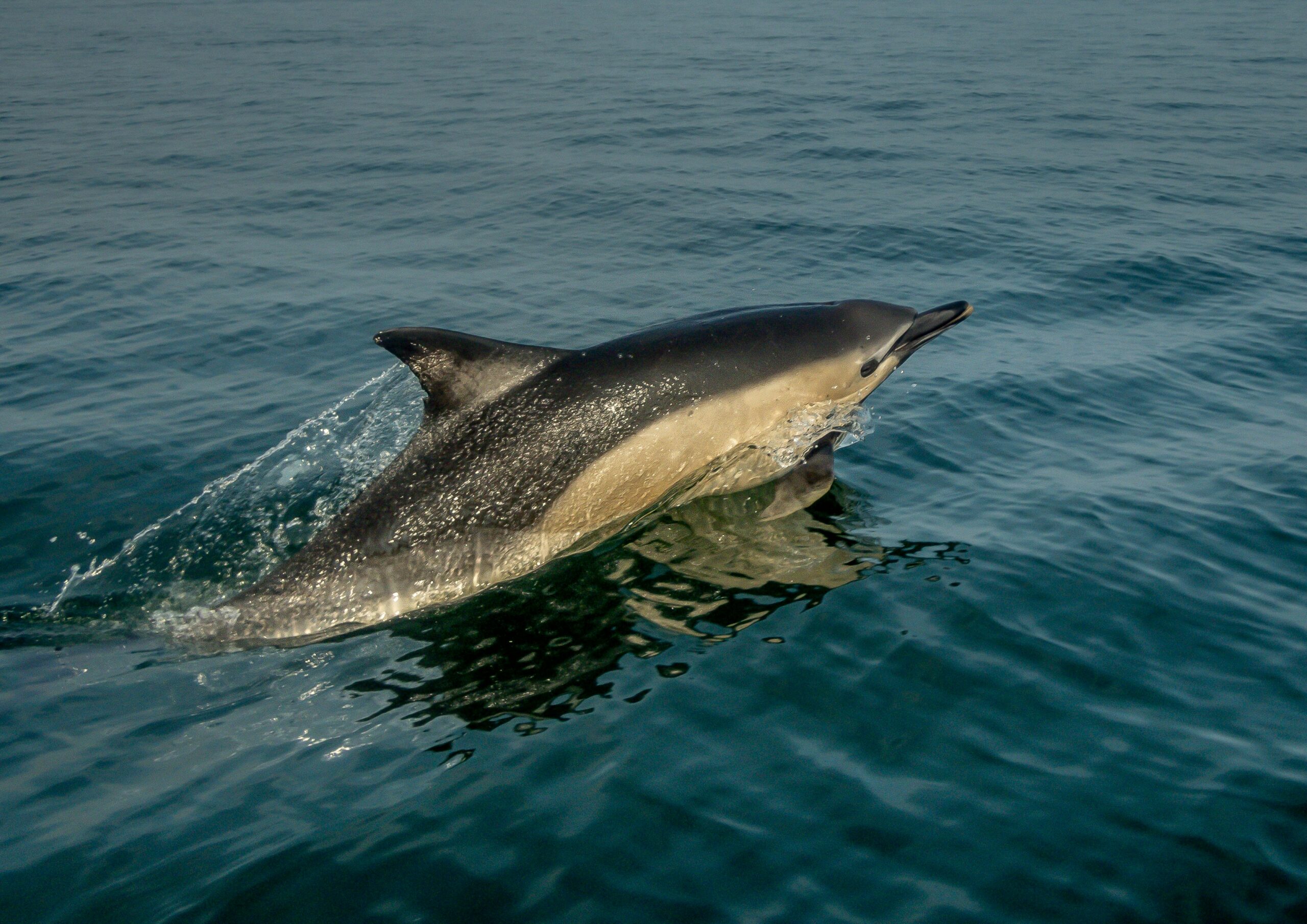Photo by Ray Harrington
The UK government has published a new policy paper detailing the principles for identifying and selecting compensatory Marine Protected Areas (MPAs), a key step in balancing the country’s ambitious offshore wind targets with marine conservation goals.
The policy, released on 24th July by the Department for Environment, Food and Rural Affairs (Defra), forms part of the Offshore Wind Environmental Improvement Package (OWEIP). It underpins the government’s broader Clean Power 2030 Action Plan, which aims to deliver between 43 and 50GW of offshore wind capacity by the end of the decade—an essential element in achieving net zero and energy security.
To address the unavoidable environmental impacts of large-scale offshore wind development, the policy sets out a framework for strategically designating and managing compensatory MPAs. These designated areas are intended to offset damage to vital seabed habitats like sandbanks, reefs, and mudflats caused by offshore wind construction and operations.
For the first time, developers will be allowed to collaborate on compensation at a strategic rather than project level. This change, guided by the Collaboration on Offshore Wind Strategic Compensation (COWSC), enables broader and more effective ecological outcomes that individual projects alone could not achieve.
Defra, working alongside statutory nature conservation bodies (Natural England, JNCC), the Marine Management Organisation (MMO), and industry stakeholders such as the fishing sector, has outlined both ecological and socio-economic principles for selecting compensatory sites. The government aims to limit negative impacts on marine users while ensuring the ecological coherence of the national MPA network.
The new principles emphasise evidence-based site selection, prioritising habitat types most at risk, such as subtidal coarse sediment and moderate energy rock formations. Additionally, the process encourages extending or enhancing existing MPAs where possible, to minimise additional spatial pressure on the marine environment.
A six-stage designation process will be followed—from initial data collation to full MPA management—with public consultation and stakeholder engagement embedded throughout. Defra intends for this to be a one-time exercise to designate strategic compensatory MPAs for both upcoming and operational offshore wind projects.
This policy marks a significant advancement in aligning marine conservation with the UK’s clean energy transition. By integrating compensation into the broader planning and regulatory framework, the government hopes to streamline offshore wind deployment while safeguarding vital marine ecosystems.
For further information or to engage in the project, contact: mrf@defra.gov.uk.
